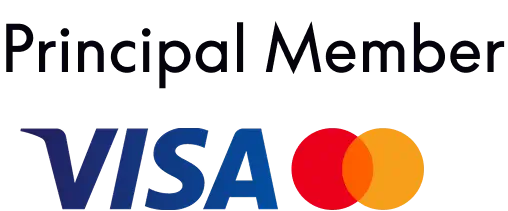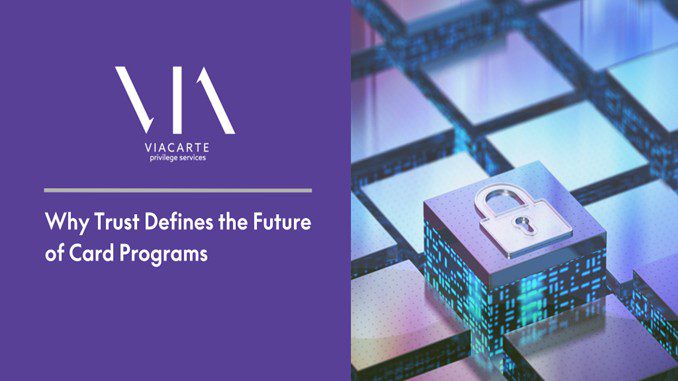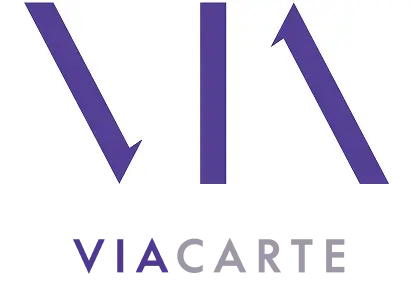That question is becoming harder to answer. Globally, fraud is expected to cost financial institutions $58.3 billion annually by 2030, (Juniper Research). Add to this the rising costs of breaches with the average global data breach now exceeding $4.4 million (IBM/Ponemon, 2025) and it’s clear: the payments ecosystem is facing a widening trust deficit.
Trust is no longer a nice-to-have in card program. It is the defining factor that separates issuers who survive and thrive from those who will be left behind. Whether it’s a family office seeking discreet infrastructure or a travel agency managing high-volume cross-border flows, the future of every card program will be written in the language of trust.
Because in payments, trust doesn’t just move money. It moves the future.
The Regional Lens: LATAM & Caribbean
While the trust challenge is global, it is especially visible in Latin America and the Caribbean.
- Fraud risk is intensifying: The BIS highlights that as fast payment systems scale across LAC, cybersecurity and fraud risks are increasing alongside adoption (BIS).
- E-commerce leakage is steep: Merchants in the region lose up to 20% of e-commerce revenue to fraud (Inter-American Development Bank, Beyond Cash).
- Cash dependence remains high: One in five adults in LAC is still “cash-only,” and only one in three is fully integrated into the financial system (IDB).
Building Secure and Trusted Card Programs
Trust has always been central to financial services. Historically, banks competed on stability and safety. Card programs are no different: cardholders don’t analyse back-end systems; they simply want to know that every tap, swipe, and click is secure.
Trust is the silent contract between provider and cardholder. And in secure card payments, that contract must hold across borders, devices, and time zones.
Today’s cardholders expect convenience and speed but not at the expense of safety. Security is assumed as a baseline. When that expectation is broken, trust is lost instantly.
The Trust Deficit in Today’s Ecosystem
Fraud and Data Breaches
The most common risks to card programs now occur online. Card-not-present fraud in e-commerce and phishing schemes that capture payment details are rising as transactions move further into digital channels.
Regulatory Compliance Gaps
At the same time, regulators are introducing stronger safeguards. In Europe, new rules require stricter authentication, while markets such as Mexico and Chile are developing fintech laws of their own. The problem is that these rules are not consistent everywhere. A program that meets high standards in one country may still face gaps in another, creating operational strain and potential risks to customer trust.
Embedding Security and Compliance from Day One
To close these gaps, trust must be designed into card programs from the very start.
How ViaCarte Embeds Trust Into the DNA of Programmes
At ViaCarte, trust is not an afterthought. It is built into every program through two essential pillars:
1. Security of Funds
Cardholders expect not just speed, but protection. ViaCarte delivers this through:
- Identicate™ Security Suite -Continuous monitoring, dark-web scanning, and fraud detection backed by insurance protection.
- Tokenization – Replacing card numbers with secure tokens tied to a device, making stolen data far less useful.
- Insurance Coverage – Providing reassurance that clients’ funds and data are safeguarded.
2. Future Reliability
Trust also depends on the ability to adapt to tomorrow’s requirements. ViaCarte ensures this through:
- Regulatory Alignment – From Payment Service Directives 2 (PSD2) in Europe to frameworks such as Chile’s Fintech Act and Colombia’s sandbox, the region is moving quickly. Panama’s fintech reforms further highlight the shift. ViaCarte’s infrastructure is built to evolve with these rules.
- Programmable Infrastructure – Card programs must be flexible: adding features, supporting multiple currencies, and staying compliant without undermining trust.
- Innovation with Guardrails – Instant payments, tokenized credentials, and digital assets are scaling. Designing with compliance from day one ensures these innovations build trust instead of testing it.
Together, these pillars ensure every transaction is more than a payment — it’s a reaffirmation of trust.
Real-World Use Cases for Secure Card Issuing
Family Offices – Discretion Meets Security
For ultra-high-net-worth families, discretion is paramount. ViaCarte programmes combine invisible protection with insured rails and compliant frameworks, enabling cross-border transactions with confidence.
Travel Agencies – Reliability Without Borders
In LATAM and the Caribbean, where fraud risks are high and cross-currency travel payments are frequent, ViaCarte solutions pair multi-currency support with Identicate™ safeguards. The result: payments shift from risk exposure to business enabler.
The Trust Dividend
Trust is more than a risk shield, it is a performance driver:
- Loyalty & Retention: Clients remain loyal to programs that consistently safeguard their funds.
- Competitive Differentiation: In crowded markets, proven trustworthiness becomes a brand advantage.
- Resilience: Strong fraud controls and regulatory alignment reduce losses and support long-term growth.
Conclusion — Trust Beyond 2026
The evolution of card programs will not only be decided by who offers the flashiest rewards or the sleekest apps. It will be defined by who can answer the only question that truly matters: Can I trust you with my money, my data, and my future?
Globally, fraud losses are mounting. In LATAM and the Caribbean, risks are magnified. For issuers, family offices, and travel partners alike, trust is no longer optional, it is the ultimate competitive differentiator.
ViaCarte’s role is clear: to embed trust at the core of every program, through Identicate™, tokenization, and programmable infrastructure ensuring every transaction is more than a payment. It’s a promise kept.
Because in the end, trust isn’t a feature. It’s the foundation.
Ready to explore how trust can power your next card program? Connect with ViaCarte to discover solutions designed for security, resilience, and growth.
FAQs
1. Why is trust becoming a critical factor in modern card programs?
As fraud and data breaches rise globally, cardholders and businesses are demanding greater transparency, accountability, and protection from issuers. Trust now defines which programs succeed—because financial security and compliance are no longer optional, they’re expected as a baseline of service.
2. How do modern card programs strengthen trust through technology?
Today’s programmes integrate technologies such as tokenisation, encryption, and programmable APIs to protect cardholder data at every stage of a transaction. These tools reduce fraud risk, automate compliance checks, and ensure that every payment meets both security and regulatory standards.
3. What role does compliance play in building trust for card programs in LATAM and the Caribbean?
In LATAM and the Caribbean, where cross-border payments are common and regulatory frameworks vary, compliance is the backbone of trust. Programs that align with AML (Anti-Money Laundering), KYC (Know Your Customer), and data protection laws reassure regulators, partners, and customers that funds are managed responsibly.
4. How are programmable card programs changing the way businesses manage payments?
Programmable card programs allow businesses to automate spending controls, approval flows, and compliance rules directly into their payment systems. This level of control reduces the chance of misuse, simplifies auditing, and creates real-time transparency—strengthening trust between institutions, vendors, and customers.
5. What does the future of trusted card programs look like in LATAM and the Caribbean?
The future lies in secure, compliance-first, and programmable infrastructures that allow for real-time fraud prevention and transparency. As the region digitises, card programs built with embedded trust—through security, regulation, and reliability—will lead the next phase of financial innovation across LATAM and the Caribbean.



